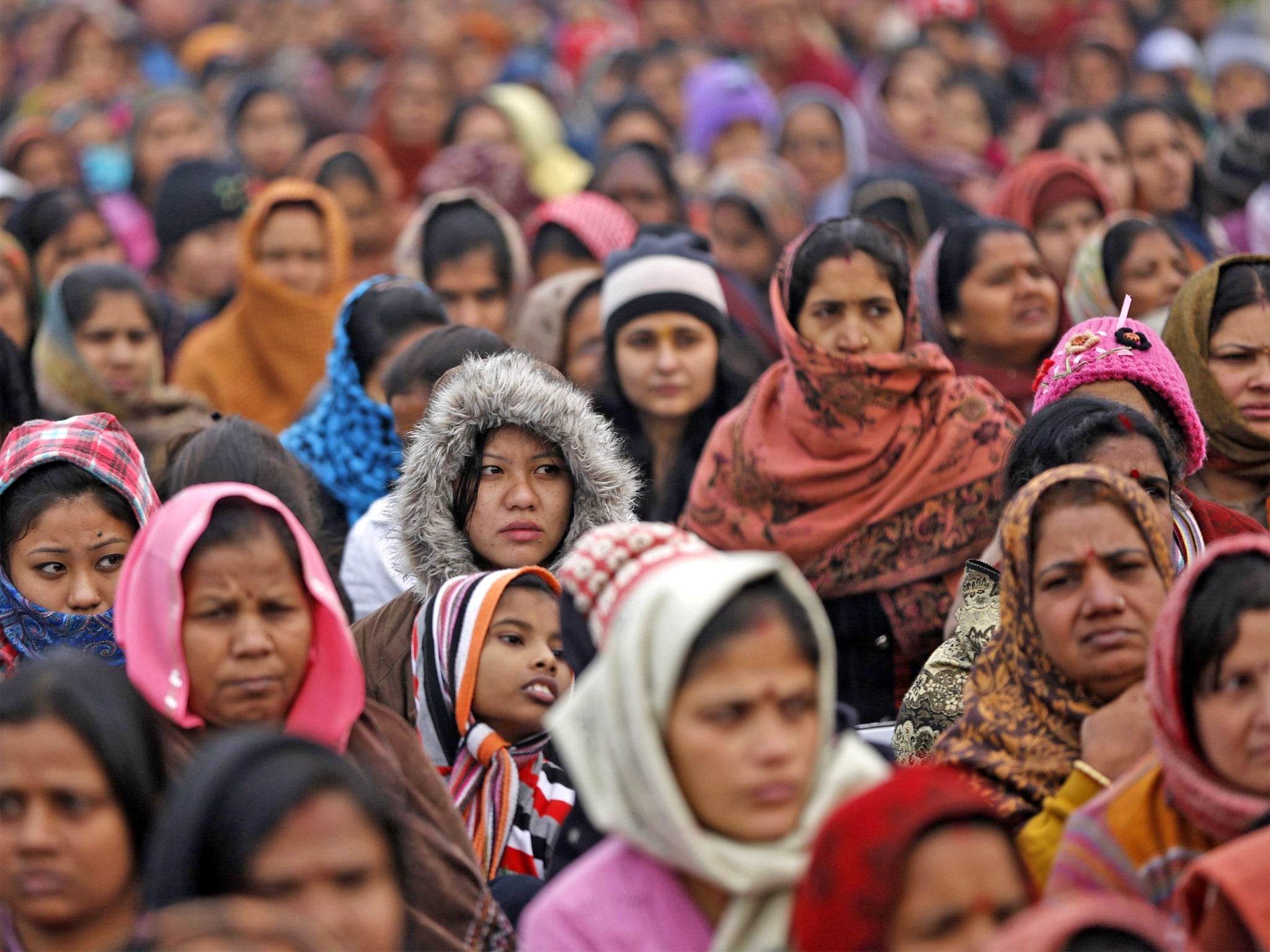Family 'consents to Delhi gang rape victim being identified'

Your support helps us to tell the story
From reproductive rights to climate change to Big Tech, The Independent is on the ground when the story is developing. Whether it's investigating the financials of Elon Musk's pro-Trump PAC or producing our latest documentary, 'The A Word', which shines a light on the American women fighting for reproductive rights, we know how important it is to parse out the facts from the messaging.
At such a critical moment in US history, we need reporters on the ground. Your donation allows us to keep sending journalists to speak to both sides of the story.
The Independent is trusted by Americans across the entire political spectrum. And unlike many other quality news outlets, we choose not to lock Americans out of our reporting and analysis with paywalls. We believe quality journalism should be available to everyone, paid for by those who can afford it.
Your support makes all the difference.The family of the medical student who died after being gang-raped on a Delhi bus have apparently given their consent to a plan to reveal her identity.
Relatives tonight told the Press Trust of India that they had “no objection” to her her name being made public in order that rape laws revised in the wake of the attack could be named after the 23-year-old victim.
Under Indian law, a rape victim cannot be named without their consent, or – in the event of their death – without the consent of their next of kin. But an MP’s call to publicly name the woman has found favour in a country still coming to terms with the brutality of the attack.
“Wondering what interest is served by continuing anonymity of #DelhGangRape [sic] victim,” MP Shashi Tharoor said today on Twitter. “Unless her parents object, she should be honoured & the revised anti-rape law named after her. She was a human being w/a name, not just a symbol.”
The news comes as police prepare to formally charge six suspects over the attack that took place on 16 December.
A three-member panel instituted by the Indian government and headed by a former chief justice of the Supreme Court is today due to suggest amendments to the country’s rape laws, which date back to 1860. Under the current system the penalty for gang rape is a prison sentence of between 10 years and life.
India’s highest court is also due to consider a call for politicians facing sexual assault charges to be suspended from office.
Six state politicians are currently facing rape prosecutions and two national parliamentarians face charges of crimes against women, according to the pro-transparency pressure group the Association for Democratic Reforms.
The student’s killing sparked nationwide protests that have raised pressure on politicians to institute the death penalty in cases of extreme sexual violence. But legal experts warn that the focus on harsher sentences could detract from the need for comprehensive legal reforms.
“It’s not one thing. The criminal justice system has been ramshackle for a long time – what has changed is that it is now an electoral issue,” said Karuna Nundy, a Supreme Court advocate.
“We need more courts, more judges, and swift, certain justice, not extreme sentencing.”
The governments of Delhi, Tamil Nadu and Maharastra yesterday announced plans to create so-called “fast-track courts” to try cases of sexual violence, in order to speed up the prosecution of rape suspects. Of more than 600 cases of rape reported in Delhi this year, only one case resulted in a conviction. The rest are either pending or have been dismissed.
Today a new fast-track court in which the trial of the accused rapists will be conducted was also inaugurated.
Join our commenting forum
Join thought-provoking conversations, follow other Independent readers and see their replies
Comments